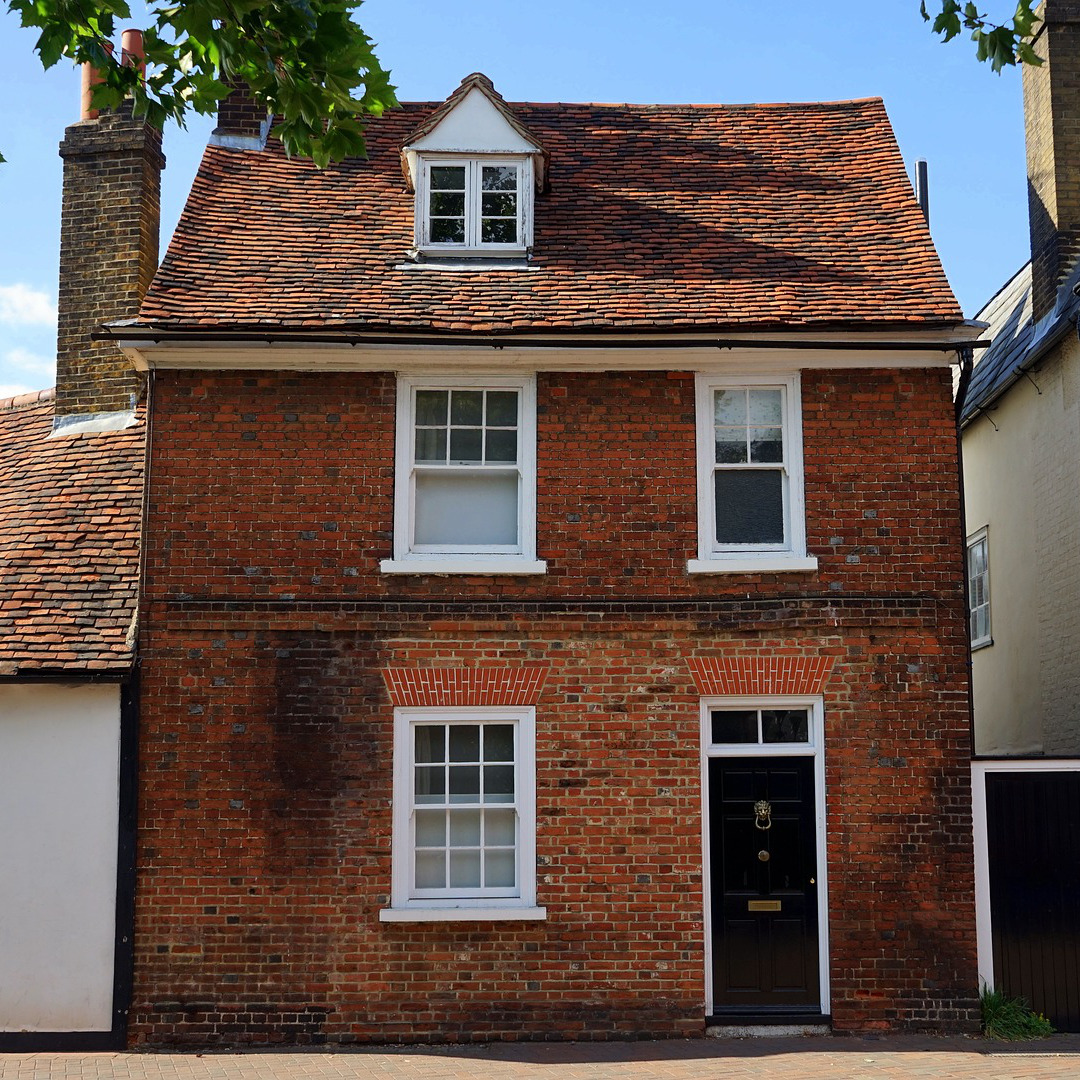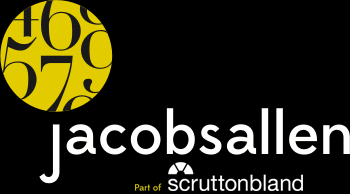How to protect your assets and beat inheritance tax

More and more families in Suffolk are finding themselves liable for inheritance tax as property prices continue to rise.
Help is, however, on hand in the form of the new family home allowance, which will reduce the tax bill for those who inherit residential properties from their parents or grandparents.
In the 2015/16 fiscal year, the Treasury collected £4.6 billion in Inheritance Tax (IHT), an increase of more than 70% on that charged in 2010/11. It was this rise that led the former Chancellor, George Osborne, to introduce the family home allowance.
Our expert team at Jacobs Allen Chartered Accountants and Chartered Tax Advisers are able to offer personalised consultations on how you can use this new tax relief combined with other tax-efficient ways of transferring your assets to ensure that your off-spring make the most of the estate you have built up over your lifetime.
We are keen to make our clients aware that the family home allowance only applies to a single property in which the deceased has resided and buy-to-let properties are exempt. The property can only be passed to direct descendants – children, grandchildren, stepchildren, foster children and adopted children, and their lineal descendants.
The allowance, which is transferable between spouses and civil partners, is being phased in over the course of four years. It starts at £100,000 and by 2020/21 it will have risen to £175,000 which means a couple living in a property valued at £350,000 can pass it to their direct descendants safe in the knowledge they will not have to pay death duties.
The existing nil-rate IHT band will continue to exist and by 2020/21 the total combined IHT allowance for a married couple will be £1m, however, if that couple have no children their allowance will effectively drop to £650,000 because the family home element is deducted from the total. This means an estate worth £1.5million could be subject to an additional IHT bill of £340,000 if it were passed to a sibling rather than the owners’ off-spring.
Estates worth more than £2 million will be penalised with a tapered relief and will lose £1 for every £2 above the threshold.
The new allowance will impact those who had already planned ahead and set up discretionary trusts to pass on property to children or grandchildren as they are excluded under the expanded allowance on the basis the assets are technically owned by the trust.
We can offer advice to ensure families who have established discretionary trusts do not miss out.
For those property millionaires in Suffolk and elsewhere in the South East where property prices are increasingly rapidly, downsizing might seem like an appealing option, especially now.
You could opt for a more manageable property, benefit from the release of some of your capital whilst still counting some of the value of your original home towards the residence nil-rate band thanks to the downsizing addition.
Qualifying for the downsizing addition does depends on various criteria and it is always advisable to seek expert advice before considering selling your family home.
Previous rules on gifts are unaffected by the family home allowance and remain a viable tax planning option. You can give away gifts worth up to £3,000 in each tax year without them being added to the value of your estate.
Any unused exemption rolls over to the next year, but be aware; this is capped at £6,000 over a maximum of two years.
You can also give multiple gifts of up to £250 per person as long as you haven’t used another exemption on the same person.
If you have an excess of income over your needs, you can gift any amount of this excess as long as it’s done for the same amount on a regular basis, for example by standing order, and it is imperative that it is income and not capital that you are gifting..
Dividing your assets may seem appealing but preparation is again key because your estate will still be charged 40% IHT if you give gifts worth more than the nil-rate threshold of £325,000 in the three years preceding your death.
A tapered relief scheme is instigated for gifts offered between three and seven years but gifts made before this time are tax free.
To see if we can help you and your family with your inheritance tax planning, contact us today on 01284 704260 .

